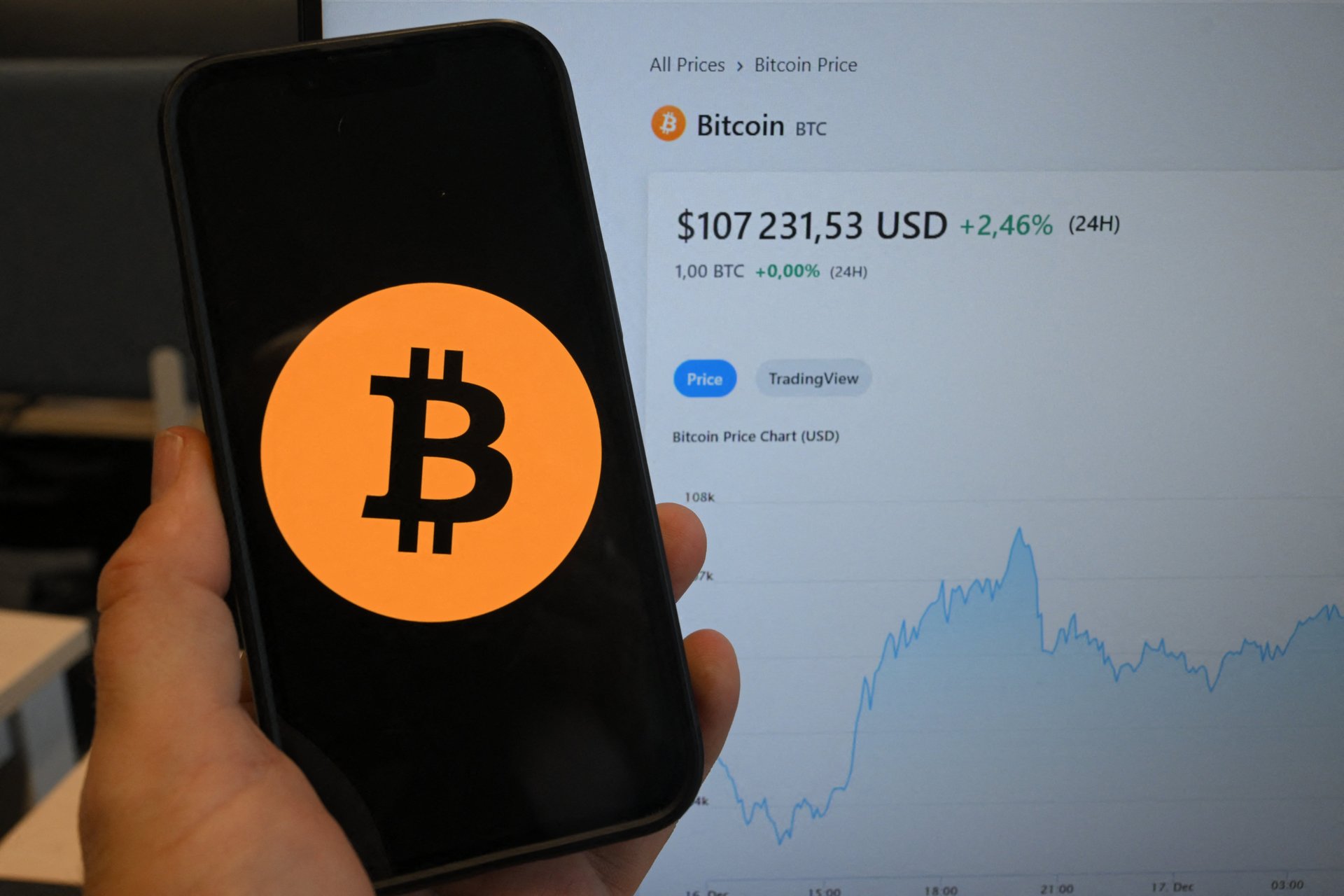Bitcoin price might stall in 2025, but the good news is the risk of recession is low, strategist says
Jason Trennert, CEO and Chairman of Strategas, makes big predictions for the stock market, Bitcoin, gold, and more for the new year

Jason Trennert, Chairman and Chief Executive Officer of Strategas, spoke with Quartz for the latest installment of our “Smart Investing” video series.
Watch the interview above and check out the transcript below. The transcript of this conversation has been lightly edited for length and clarity.
ANDY MILLS (AM): Given the stellar market performance this year, how do things bode for 2025?
JASON TRENNERT (JT): The good news from an economic perspective is that I would say the chances of a recession next year are quite low. Labor markets are tight, corporate profits seem strong, credit spreads are tight. So all those things are good. In terms of the market perspective, I would say this year is gonna be a tough act to follow in 2025, and that’s simply because you’re starting at very rich multiples. And I would say it’s probably pretty difficult at this point to really see big multiple expansion based on lower long-term interest rates or, or even significantly lower short-term interest rates. So I have a feeling that market performance will be more in line with what profits do and, and we’re expecting profits to be up about 9% next year. So that’s kind of our, our, that’s where we’re starting our, our base case.
AM: So given the low risk of recession, what’s your biggest fear for 2025?
JT: My biggest fear really for 2025, and it’s part and parcel of some of the structural changes we’ve seen in the economy, is that there is a chance, and this was true regardless of who won, of a second wave of inflation and that’s partly because what we found is that historically, once you have one wave of inflation, the chances of getting a second wave were about nine in 10. It’s also because in the first wave of inflation, workers tend to get left behind. And so their demand for higher wages continues well after the first wave of inflation.
AM: And we’re seeing that right now.
JT: Well, so you see Boeing machinists are getting 38% over four years or long shoremen are getting 62% over six years. That’s an indication that their standard of living probably deteriorated over the last four years and the companies need to make up for that. So that makes it difficult. If your target is 2% inflation, it’s hard to do that when big parts of the population are getting big pay increases. And then of course we have massive deficits, which are running deficits of 6-to-7% of GDP when you’re at full employment, which is extremely unusual. So that’s important because if we don’t get, if we do have another wave of inflation that could lead to significantly higher long-term interest rates. And what we found, at least for the stock market, once interest rates get close to 5% on the 10-year treasury, that’s really when the stock market has a lot of trouble. Right now we’re probably around 4.50, something along those lines. It’s manageable. At 5% I think it gets a little bit harder to be an equity investor.

AM: A lot to keep our eye on for 2025. Bitcoin’s had an amazing year, especially post-election. People believe that Trump is going to be pro-Bitcoin. Do you see Bitcoin’s price continuing to go up and up and up in 2025?
JT: Not at the pace at which it’s caught up. In my opinion the reason why we’ve seen a big increase in the value of Bitcoin since the election is that the regulatory risks are greatly diminished. So it’s very unlikely it’s going to be outlawed or made very difficult to purchase. So more people will be able to purchase it. The bad thing, in my opinion, but I think it’s good for the country, is that the dollar is likely to be quite a bit stronger, in my opinion, if the Trump administration is successful, particularly when it comes to things like the Department of Government Efficiency. If it’s good at bringing down the deficit, those are things that will strengthen the dollar versus other fiat currencies. There won’t be as much need or interest over the longer term in alternative currencies like Bitcoin. And so theoretically Bitcoin and gold should move roughly the same. And I know they’re probably younger people that think that’s crazy, but in my opinion, gold has a 5,000 year brand of guarding against inflation and Bitcoin has like a 15 year brand. Both have done a pretty decent job, but there are a lot of people around the world that don’t have access to be able to buy Bitcoin. It’s a little bit harder. So I don’t foresee this type of price appreciation continuing. And in some ways if you really, I mean it’s one thing if you just make money through speculation, you want that. But as an American, you probably don’t want Bitcoin to be going up this rapidly because it suggests bad things about the fiscal situation in the United States and the value of the US dollar.
AM: Gold versus Bitcoin. Which one are you putting your money in?
JT: I’m more in gold right now and I will say I own it and so I don’t own Bitcoin much to my dismay. I wish I did, obviously. But I probably will buy some. We should have some if I’m in this business. I am long gold, but I’m less excited about it than I was before the election to be candid because I do see the physical, fiat currency of the US dollar doing a bit better.
